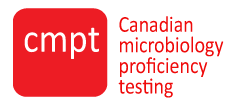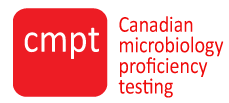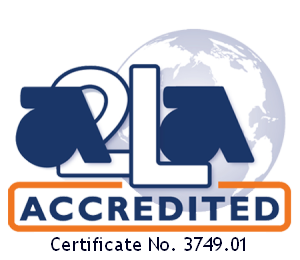In December, the African Society for Laboratory Medicine Conference was held in Cape Town, South Africa. For this, the sixth ASLM conference, the overarching theme was “Shaping laboratory systems and diagnostics services for the 21st Century: embracing the change.” CMPT Chair Dr. Lucy Perrone was onsite at ASLM and was able to provide some highlights of this important biannual conference for the continent.
Antimicrobial Resistance, point-of-care testing and the scale-up of diagnostic medicine were major topics at the conference. Following Mapping AMR & AMU Partnership (MAAP) data that only 1.3% of the 50,000 labs in 14 studied countries conduct bacteriology testing[1], there is a strong desire to build more resources and expertise around microbial culture and characterization, whole genome sequencing, and various other surveillance tools continent-wide. CMPT is ready to provide education and mentorship in this area. (Interested labs and organizations should please contact us for more information.)

However, with increased access to testing comes the importance of ensuring quality. EQA was an important part of discussions at ASLM. As new tests are rolled out and new staff are trained, ensuring accuracy of testing will become a challenge that EQA providers are well-equipped to assist with. Additionally (as we showed in our recent article about point-of-care testing during the COVID-19 pandemic[2],) EQA providers are able to objectively recognize trends in testing accuracy that might otherwise go unnoticed and can have a significant health impact. African countries have embraced point-of-care testing for infectious diseases at a scale that hasn’t been seen yet in Canada. This collective experience means countries are ahead of the curve in terms of scaling up point-of-care test deployment, but EQA capacity still needs to be increased, especially as testing sites seek ISO 15189:2022 accreditation.
Another area of interest was the desire to build out local manufacturing capacity of drugs, consumables, and vaccines to address vulnerabilities in the biomedical supply chain like those experienced during the COVID-19 pandemic. By building local facilities on the African continent, the hope is to enable sovereignty, create a buffer from global supply-chain shortages, and to improve accessibility and speed of vaccine and drug deployment. This is not dissimilar to Canada’s own desire to reduce national reliance on foreign imports and supply chains laid out in Canada’s Biomanufacturing and Life Sciences Strategy, which has provided funding for domestic vaccine production. Hopefully, the proposal to increase African production of biomedical supplies and vaccines will gain public and private support and funding from Africa and around the world.
[1] https://aslm.org/wp-content/uploads/2022/09/ASLM_MAAP-Policy-Brief_Embargoed-until-15-Sept-6AM-GMT.pdf?x68669
[2] Restelli V, Vimalanathan S, Sreya M, Noble MA, Perrone LA. Ensuring diagnostic testing accuracy for patient care and public health- COVID-19 testing scale-up from an EQA provider’s perspective. PLOS Glob Public Health. 2023 Dec 6;3(12):e0001615. doi: 10.1371/journal.pgph.0001615. PMID: 38055697; PMCID: PMC10699598.



